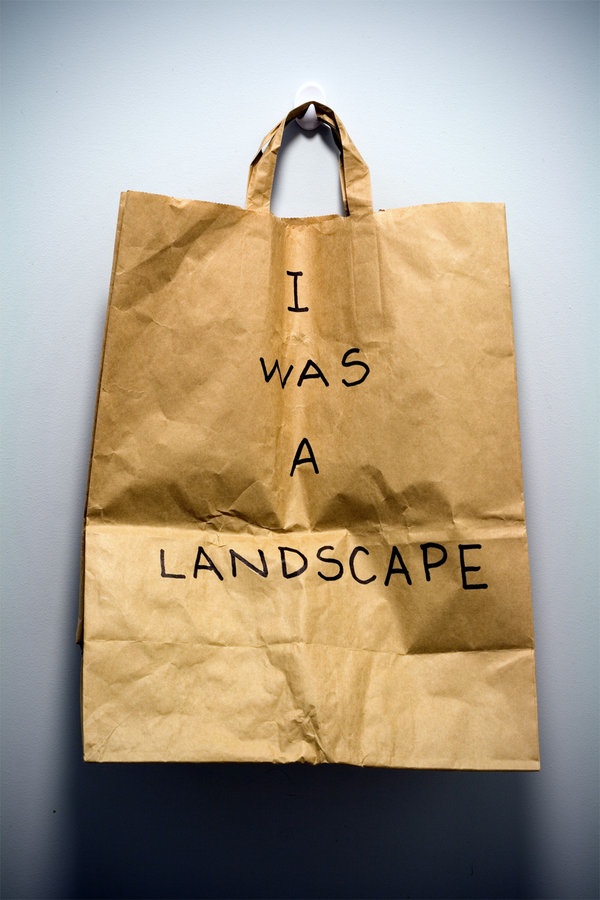Tuesday, July 31, 2012
"Don’t be surprised, then, when your question “What do you mean by
that?” is met with a blank stare. People don’t know what they mean much
of the time. Often they’re merely repeating slogans. When you ask them
to flesh out their concern, opinion, or point of view with more
precision, they’re struck mute. They are forced to think, maybe for the
first time, about exactly what they do mean."
— Greg Koukl, Tactics p. 51
Karl Benjamin, Los Angeles Painter of Pioneering Hard-Edged Abstractions, Dies at 86
By Andrew Russeth 7/30 7:22pm

‘Stage
II’ by Karl Benjamin, on view in ‘Pacific Standard Time—Kunst in Los
Angeles, 1950–1980, at the Martin-Gropius-Bau museum in Berlin.
(Courtesy Getty Images)
“Working with a full palette and a vocabulary of stripes, squares, triangles, circles, rings and irregular shapes, he created tightly balanced compositions that seem to shimmer, vibrate or explode in space. His work fell out of fashion in the 1970s and ’80s, but he made an astonishing comeback in later years when his paintings suddenly looked fresh and smart to younger artists, critics and curators.”Indeed, pay visits to a few galleries downtown or in Brooklyn today, and you’re likely to see some paintings by young artists in a style similar to Mr. Benjamin’s: crisp waves of color, carefully ordered. As Ms. Muchnic notes, when he helped develop the language in the 1950s, it was a potent counterpoint to the prevailing gestural mode favored in abstract painting of the time.
During the Getty’s recent Pacific Standard Time initiative, Mr. Benjamin’s work was including in a number of exhibitions, including “Experiments in Abstraction—Art in Southern California, 1945 to 1980″ at the San Diego Museum of Art and “Claremont Modern: Post-War California Dreaming” at the Claremont Museum of Art in Claremont, Calif. That exposure, blogger Tyler Green recently argued, “demonstrated that a Benjamin retrospective is long overdue.”
In a sense, Mr. Benjamin’s career could serve as an object lesson in the fact that only a limited amount of information and art travels freely among cities, even today. He had numerous one-person exhibitions throughout California, but showed far less frequently in New York, typically in group shows.
Interestingly, one of the most important shows he participated in early in his career in New York was the Museum of Modern Art’s 1965 “The Responsive Eye” exhibition, which is back in the spotlight thanks to the New Museum’s current “Ghosts in the Machine” show, which includes Op art works included in that earlier exhibition.
LONDON |
Thu Jul 26, 2012 3:24pm EDT
(Reuters) - Comforting news for anyone
over the age of 35, scientists have worked out that modern pop music
really is louder and does all sound the same.Researchers in Spain used a huge archive known as the Million Song Dataset, which breaks down audio and lyrical content into data that can be crunched, to study pop songs from 1955 to 2010.
A team led by artificial intelligence specialist Joan Serra at the Spanish National Research Council ran music from the last 50 years through some complex algorithms and found that pop songs have become intrinsically louder and more bland in terms of the chords, melodies and types of sound used.
"We found evidence of a progressive homogenization of the musical discourse," Serra told Reuters. "In particular, we obtained numerical indicators that the diversity of transitions between note combinations - roughly speaking chords plus melodies - has consistently diminished in the last 50 years."
They also found the so-called timbre palette has become poorer. The same note played at the same volume on, say, a piano and a guitar is said to have a different timbre, so the researchers found modern pop has a more limited variety of sounds.
Intrinsic loudness is the volume baked into a song when it is recorded, which can make it sound louder than others even at the same volume setting on an amplifier.
The music industry has long been accused of ramping up the volume at which songs are recorded in a 'loudness war' but Serra says this is the first time it has been properly measured using a large database.
The study, which appears in the journal Scientific Reports, offers a handy recipe for musicians in a creative drought.
Old tunes re-recorded with increased loudness, simpler chord progressions and different instruments could sound new and fashionable. The Rolling Stones in their 50th anniversary year should take note.
(Reporting by Chris Wickham)
"Sollemnes, You Screw Well!"
That's just one of Cord Jefferson's favorite pieces of graffiti from the ancient Roman city of Pompeii. He uses the graffiti to argue that claims of America's moral decline are greatly exaggerated:The professional right has made a big business out of pretending that TV and the rise of gay culture and rap music and dozens of other things have contributed to the fall of a once greatly moral nation, all the while seeming to forget that Thomas Jefferson is known to have taken sexual advantage of his slaves and Benjamin Franklin is believed by some to have been part of a drunken orgy club. It may make you feel nice to pretend that the societies that gave rise to the modern world were ones of pure honor and decency, but that’s not reality. The world isn’t on a moral decline, because there was never a time when the world was particularly morally superior. If we can glean anything from the Pompeiian graffiti, it’s that even citizens of history’s most immaculate and important civilizations liked their sex and poop jokes.
Subscribe to:
Posts (Atom)



















